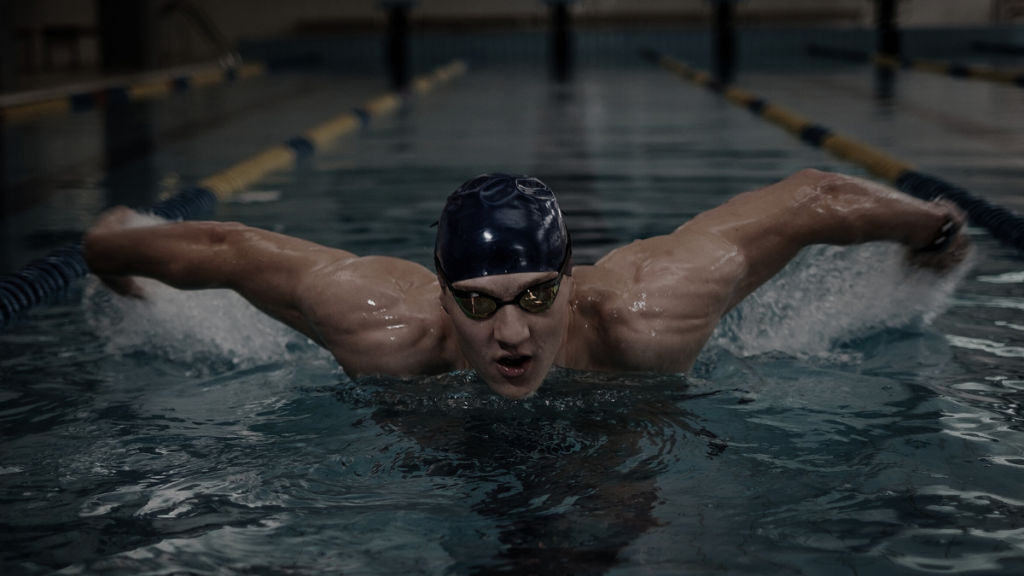
I am remembering why I have tried over the years to take my vacation during the Olympic Games! In the election tour for the diocese of Iowa, I even warned the people what to expect. It is amazing that we enjoyed five Olympics together. In 2012, the Olympics were in London, and my father had died that January, and so I spent the summer enjoying them with my mother and even going to a couple of events in London itself.
Every four years we enjoy the variety of ways the human essence (by which I mean body, will and soul) finds to test itself. And whether it’s archery, or rowing, weightlifting, street skateboarding, handball, and even arm wrestling, there is so much to marvel at. Our four-year-old grandson in Scotland is clear, as he is introduced on TV to gymnastics or canoeing or fencing that “I can do that” and promptly shows how. And I think we have been needing these games more in particular than usual. We need to see competing athletes embrace their opposition after a close fought competition. We need the incredible stories of what some have had to overcome to reach this point of excellence. After Covid and with the wars in Ukraine and Gaza still going on, and our vitriolic political atmosphere at home, these things restore us and renew some confidence in the human condition.
Now, I am not naïve about what it takes for people to reach Olympic level. The days of amateurism are far beyond us. For sure, Olympic Committees have their back stories that involve the human dark side. But overall, I believe that the goodness of God’s creative spirit wins out, and when we think about being in God’s image, you wonder what that says about God and God’s sporting nature?
Last Sunday we read a prayer together about passing “through things temporal that we lose not things eternal”. Specifically, it was mercy we asked for, from the One who is our guide and ruler. Is mercy the same as “some leeway”, a bit of space? If you accept that possible way of looking at it, what I believe we are asking is for the ability to step back for a moment and take in the big picture.
There is a need for transcendence – to look beyond the immediate, to see eternity in the midst of the temporal. Athletes do this in their own way. They have to. You run through the finish line, not to it! You envision your jump before you do it. You live in the end product even as you are making it happen. Get too close to a gymnastic twist and you might get the twisties and lose your spacial perspective. Be too anxious for the home run, and you will swing too quickly. Want to win so badly, you may tighten up muscles that need relaxation to achieve their highest potential.
These are holistic principles. They apply to our spiritual lives as much as to our material ones. It is why idolatry ranks at the top of the Bible’s list of human errors. I have often thought that Jesus had little interest in sports. After all, he told a story about giving the same wages to a group that worked all day as the ones who came at the last minute. He said that the first shall be last and the last first. On the other hand, that may not be true. Maybe he just didn’t have time. And some might say we don’t either given the state of the world.
A hundred years ago, the Scottish missionary to China, Eric Liddle, won a gold medal in the 440 yards at the Olympic Games when they were last held in Paris. His sister thought he was wasting his and God’s time with all his training and his obsession with sport. (He was also an international rugby player). In the film version of his life, Chariots of Fire, he is seen responding to her “I believe in God, and God’s purpose for me, I really do. And God made me fast. When I run, I feel God’s pleasure”. God gave him the mercy to engage the temporal without losing sight of the eternal.
Jesus said, “I have come to give life and to give it abundantly”. It is not so much a matter of balance – bit of God and a bit of self. But a wholehearted invitation to engage one hundred percent in this life with God, so that everything we do in the temporal sphere has the eternal perspective within it. It’s the essence of a prayer-filled life, if you like. It is why a soccer player may kneel on entrance to the pitch and offer a moment of submission to God.
I grew up learning about the prayerful life from the writings of a monk called Brother Lawrence. He led many of us into an integration of the temporal with the eternal. How to find God in washing dishes at the sink; or sweeping the porch. It doesn’t have to be only on our hikes over beautiful scenery, but in our everyday lives and encounters. In other words, it is a way of life, living the eternal in the midst of the temporal; just as it has become for these athletes we are enjoying right now.
Andy Peaty, a British swimmer, had won the 100-meter breaststroke in the last two Olympics. At Paris, he was striving to enter the rare company of champions (i.e. that of one other swimmer, Michael Phelps) who had managed to win the same Olympic event three games in a row. He lost his title the other night by 2/100ths of a second! In his post-race interview, he was described as “smiling through reddened eyes”, as he said “I’m not crying because I came second. These are happy tears. I’m not going to define my whole career by a medal…I asked God to show my heart, and this is my heart. I couldn’t have done more”. God was giving him the mercy to pass through things temporal without losing sight of things eternal.
The Olympics is one of our largest stages to show off human endeavors. Our homes, workplaces, and recreational haunts are much more common life venues. And yet, imminence (the temporal) and transcendence (the eternal) are present in both – God and life within us, God and life beyond us. To adapt a famous phrase from another public figure, Mr. Rodgers, who knew how to dwell in both places: “It is a beautiful way, to walk in the neighborhood!”

Recent Comments